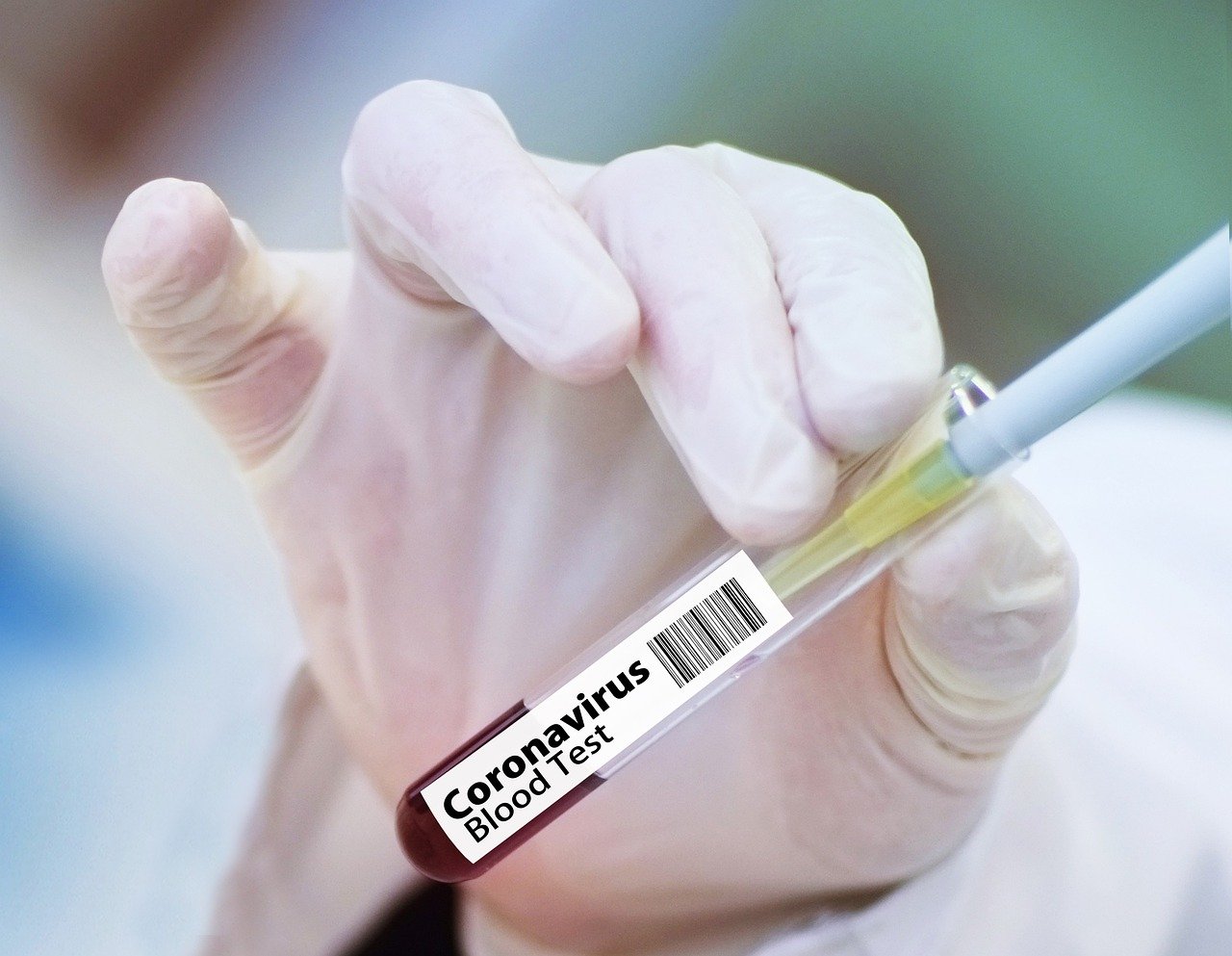In the past few weeks, a number of vaccines for the prevention of COVID-19 have been approved around the world. While results of nearly all the vaccinations that have completed phase III trials have been positive with very trivial or no side effects, it is possible to get allergic reactions to coronavirus vaccines.
Therefore, the U.S. Centres for Disease Control and Prevention has recently released a set of guidelines to manage severe reactions, also known as anaphylaxis, in people after getting vaccinated for COVID-19.
Although it is rare, the health agency still gives warning to people who are allergic to any of the ingredients in the vaccine’s formula. Those who have had similar reactions to vaccines in the past should especially discuss it with their doctors.
Usually, people who have had symptoms of severe allergy following a vaccine or those with a family history of reactions to injectable medicines are monitored for at least thirty minutes when they get a vaccination for any other infection in the future.
To know if any person is getting a reaction, it is important to know the common signs which appear within fifteen to thirty minutes. For example, shortness of breath, dizziness, an increase in heart rate, and blurry vision are some of the symptoms that may occur in an allergic reaction.
RELATED: Heart Screenings After COVID-19 May Prevent Myocardial Injury
Till now, there are only a handful of cases of such reactions after getting a vaccine out of thousands of people who have been vaccinated. Overall, the risk of anaphylaxis after coronavirus vaccination remains to be very low.
The CDC still recommends all adults to be monitored at health facilities for a minimum of fifteen minutes after getting the vaccine. For those who have a family history or have had the mentioned symptoms after getting any vaccination before, the monitoring time should be half an hour.
To know more about the ingredients in the recently approved vaccines, there are lists available online. The information chart on Pfizer’s lists down all of the contents of the vaccine, including potassium chloride, sodium chloride, lipids, and others.
Similarly, the table on the information of ingredients on Moderna’s also lists tromethamine, lipids, sodium acetate, and others.
Preservatives are not used in any of these vaccines. However, an ingredient called polyethylene glycol may cause allergic reactions. A few reports from the past have linked severe reactions to polyethylene glycol but the general risk is low.
Though the CDC has recommended to not get vaccinated if the risk is high, keep in mind this only applies to those who know they are severely allergic to any of the ingredients.
People who have had mild reactions to vaccines have other environmental, pets, food, and even drug-related allergies should still get a coronavirus vaccination as the benefits of the vaccine outweigh the potential negative effects.
Keep in mind that reactions to a new vaccine are nothing new. In the past, a number of people have also had similar experiences with commonly used vaccines including flu shots. So, it comes as no surprise, especially to healthcare experts.


